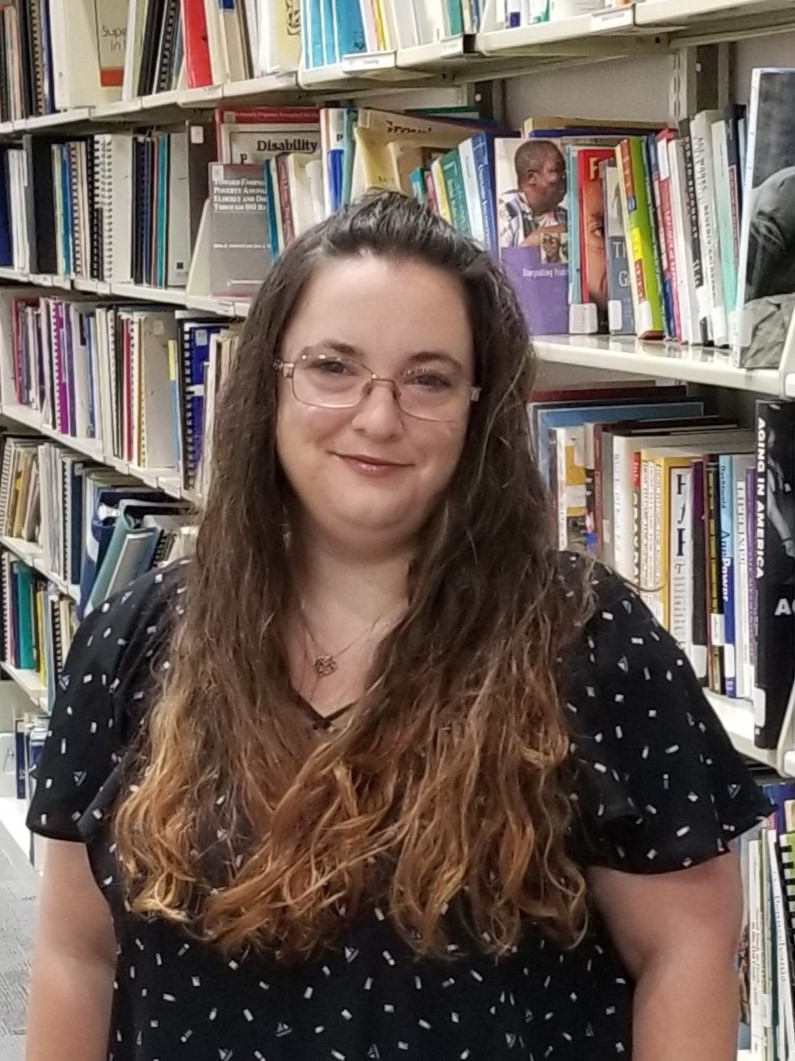Managing grief over the holidays
By Barbara Sherf
The death of someone we love is difficult in itself. Grief is further compounded when you add in the expectations of the holiday season and challenges amidst the pandemic, such as the inability to visit with or hug loved ones.
David Stevenson, a bereavement counselor at Crossroads Hospice and Palliative Care in Philadelphia, answers some key questions and concerns about the grieving process.
“Grief is a natural response to loss and it comes in many forms and ways – from the loss of loved ones to loss in relationship, moving and loss of independence,” said Stevenson, who has a master’s degree from Westminster Theological Seminary in Philadelphia. “Often, when we have conversations about grief it brings up losses of other sorts.”
Stevenson notes that there is no right or wrong way to grieve.
“It’s very unique, just as you have a unique fingerprint you have a unique way of grieving. Some people are stoic and others are not,” said Stevenson, who also worked as a chaplain in the U.S. Army. “If you love, you grieve and you’ll always feel those pangs of love and grief until the day you die.”
Stevenson acknowledged the difficulties in grieving during the pandemic.
“In some ways the grieving journey has been thwarted as there are certain rituals that are prohibited like dropping by with a meal or attending a funeral service. The best way to support someone in these times is to listen to their feelings and memories and share what impact the individual had on you.”
During a recent group counseling session, Stevenson relayed the story of a conflict over whether or not to put up a Christmas tree after the death of the patriarch of the family. “It was a family tradition and the daughter really wanted to get a Christmas tree to honor her father, but that put a lot of pressure on the mother who was feeling drained,” Stevenson said. “As a group, we advised the mother to exercise self-care for herself and maybe put up a few holiday decorations but skip the tree,” Stevenson noted.
As for the pandemic, Stevenson said we are all mourning the loss of independence. “We can’t go out with friends or do many of the social activities that keep us connected,” he said. “There is a lot of loss because of what people are experiencing and there is a lot of anxiety over the virus and a lot of isolation.”
While the number of COVID-19 cases continues to rise, Stevenson said that mental health issues are increasing as well. “We are just beginning to see how it’s impacting people mentally and emotionally. There has been a surge in people struggling with anxiety and depression,” he said. “Our next challenge is to support those folks who are struggling and to get them the mental health services they need.”
Asked why the holidays seem to cause triggers for so many people, Stevenson said it has to do with family traditions. “What do you do with a stocking hung by the fireplace for someone who has passed? I often hear family members say I wish we could go from October to January to avoid many of the traditions,” said Stevenson. “We are gathering around food and empty seats and traditions are a double-edged sword. On the one hand, traditions cause pain, heartache and sadness, but they also can provide a measure of comfort.”
Stevenson supports taking a break the first year or two after a significant loss. “When grief is fresh and raw, pain overrides comfort, but hopefully, with time, you can come back to and embrace some of the family traditions,” he said. “One of the first things I tell people is to respect your limits. Grieving takes energy. Talking with loved ones is one of the best things you can do during the holidays.”
It’s important to turn to your faith. “People of faith should seek comfort from their faith traditions and find ways to acknowledge the loss, perhaps by lighting a candle at dinner,” he said.
Grief is not limited to those who experience the death of a loved one. Many people who have an ill loved one experience anticipatory grief. “If your loved one is in hospice care or has a serious medical issue, then you realize your loved one doesn’t have a lot of time to live and you start the grieving process early. It’s important to realize that you have to cherish the remaining time together with your loved one,” said Stevenson, who keeps a sign in his office as a reminder of this. It reads: Don’t count the days, make the days count.
Author and speaker Barbara Sherf captures the stories of businesses and individuals.




